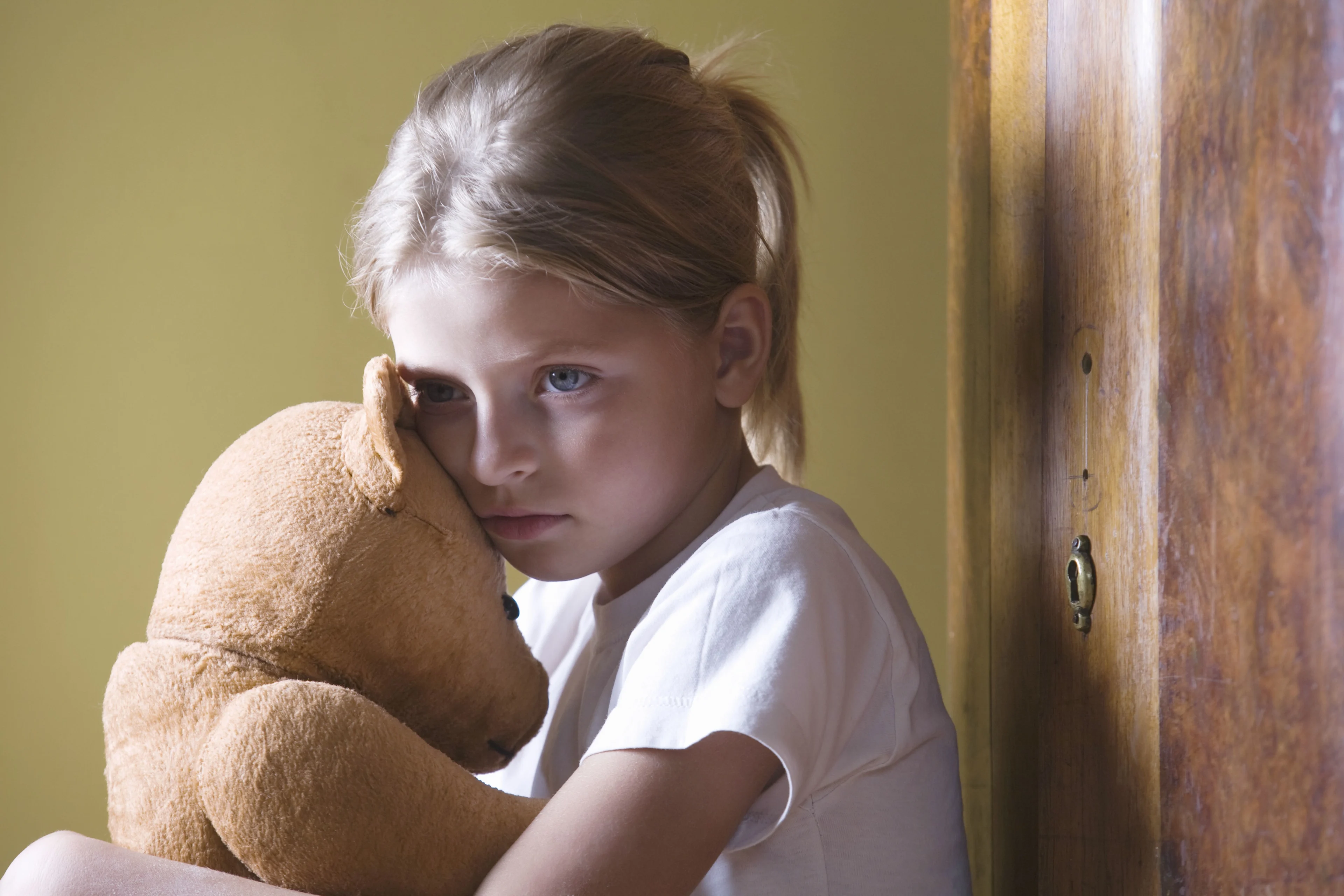For some children and teenagers, the experience of healthcare seems to go unnoticed, while others react more strongly. Some react immediately, while others may not show their reactions until they get home, days or weeks later, or perhaps not until their next healthcare visit. Sometimes the reactions are hard to interpret and occur at a time or in a situation that has nothing to do with healthcare at all.
Children and teenagers may show reactions like increased worry and anxiety, sadness, physical inactivity, and problems with eating and sleeping. None of these reactions are dangerous, but it is important that you as a close relative understand that they can occur, remain attentive, and be available to help your child if they appear. Many children have an increased need for closeness to feel secure. This often expresses itself as a desire to be close to you as a relative during the day and to sleep together with you at night.
We encourage you as a relative to be sensitive to children and teenagers' feelings, thoughts, and concerns, and to give them both the time and closeness they need to feel secure. Also, remember that your own feelings can easily transfer to your child. Try to maintain calmness and a sense of security even in moments when you feel the opposite. Never hesitate to contact healthcare if you have questions or concerns. We are here to help and support you.
